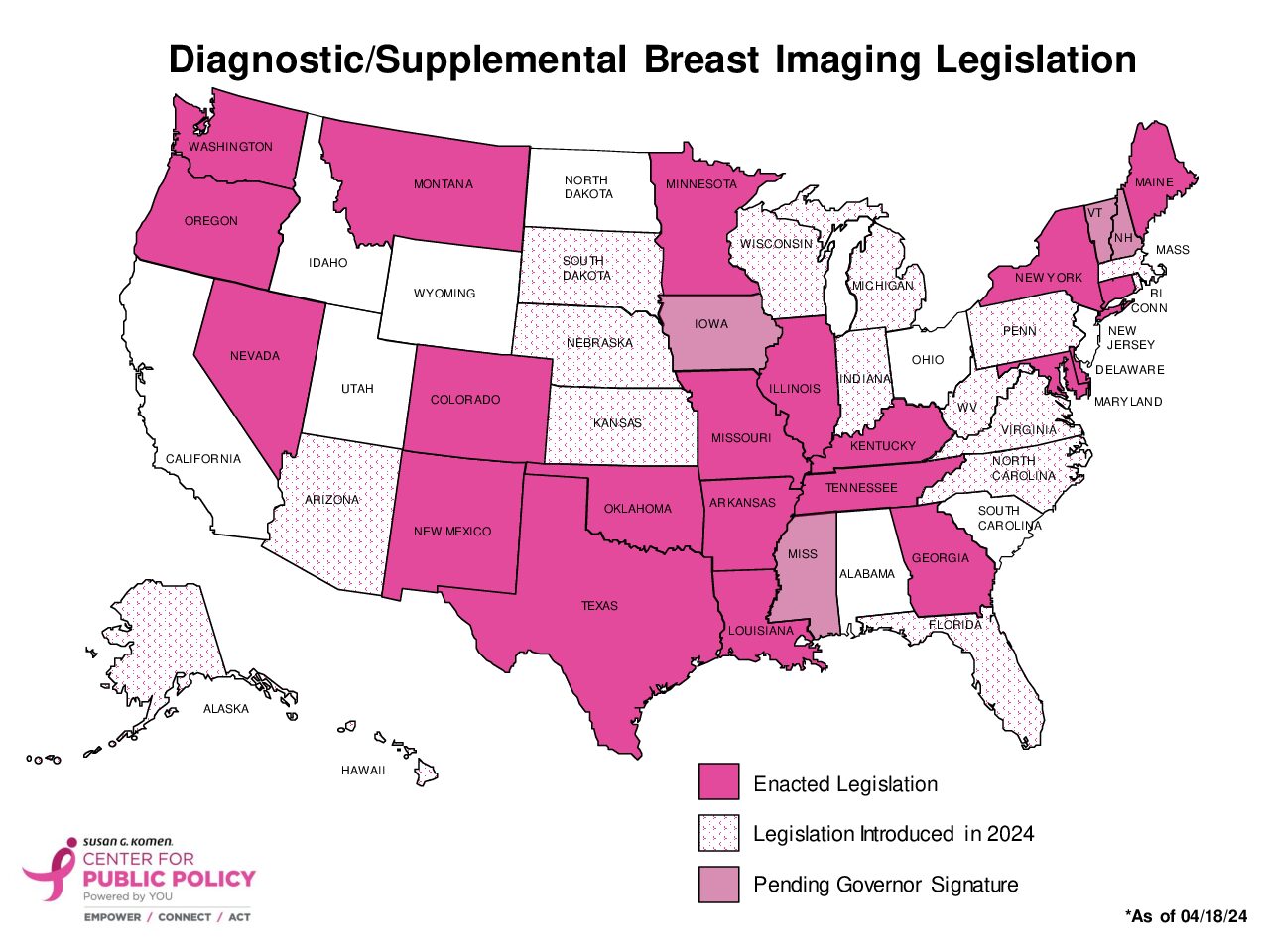February 17, 2021
President Joseph R. Biden, Jr.
The White House 1600 Pennsylvania Avenue, NW
Washington, DC 20500
Dear Mr. President,
On behalf of a broad spectrum of organizations that represent laboratory, translational, and clinical researchers; other health care professionals; millions of patients with cancer; and patient advocates, we are writing today to thank you for your extraordinary commitment to conquering cancer and to applaud your determined focus to end the COVID-19 pandemic.
Cancer is a collection of diseases that kills more than 600,000 Americans each year, making it the second leading cause of death in the U.S. There are also more than 17 million survivors of cancer in the U.S., many of whom are at a higher risk of dying from COVID-19. Therefore, we are asking for your assistance in ensuring that patients with active cancer and survivors of cancer are prioritized to receive a COVID-19 vaccine.
We fully support your COVID-19 vaccination plan that calls for broadening access and vaccinating as many Americans as rapidly as possible. However, we are compelled to underscore the urgency of prioritizing access to a COVID-19 vaccine for patients with active cancer and survivors of cancer.
There is mounting evidence that patients with cancer are at increased risk of severe illness and death if infected with the virus. In December 2020, an article published in the Journal of the American Medical Association presented data showing that patients with cancer who are diagnosed with COVID-19 are more likely to require hospitalization (47.46%) than persons without cancer who have been diagnosed with COVID-19 (24.26%).1 Also, the AACR COVID-19 and Cancer Task Force recently published an article in the AACR journal Cancer Discovery that reviewed the available literature since the onset of the pandemic (28 peer-reviewed articles) on fatality rates of patients with cancer who developed COVID-19;2 these data have shown that COVID-19 fatality rates for patients with cancer were double that of patients without cancer. Additionally, as noted by the Cancer Leadership Council,3 a patient-centered forum of national advocacy organizations addressing public policies related to cancer, as well as other recent studies, certain survivors of cancer have a higher probability of infection and COVID-related death compared to the general population.1,3–5 Further, the Council stressed that the risks are even greater for patients with active cancer.
Finally, we also know that many Americans are putting off regular doctor appointments that would lead to a cancer diagnosis, meaning that we are likely to see a higher number of patients diagnosed when their cancer is at a more advanced stage. Without the protection offered by a
vaccine, these patients are not only at risk of being infected with COVID, but a COVID diagnosis could severely impact their treatment options available.
Patients with cancer who are in active treatment often receive frequent in-person clinical care, which has the potential to increase their risk of exposure to the virus. Furthermore, certain patients with cancer are vulnerable to infection because of their weakened immune status, which is attributable to their cancers and/or their treatments.6 Clearly, vaccinating patients with cancer who are in active treatment offers the best protection against the threat of contracting the virus.
On January 22, 2021, the Vaccination Advisory Committee of the National Comprehensive Cancer Network, an alliance of 30 leading U.S. cancer centers that publishes clinical practice guidelines in oncology, recommended that patients with active cancer as well as their caregivers and household contacts should all be prioritized for COVID-19 vaccination.7,8
At the January 27, 2021 meeting of the CDC Advisory Committee on Immunization Practices, it was reported that certain states in the U.S. are prioritizing patients with active cancer and survivors of cancer in a number of ways. As a result, we want to again emphasize the importance of ensuring that prioritization of vaccine supplies be given to high-risk populations that include patients with active cancer and survivors of cancer.
In closing, for the reasons stated above, we sincerely hope that you and your colleagues in the administration will stress to all State Public Health Departments that patients with active cancer and survivors of cancer must be provided priority access to a lifesaving COVID-19 vaccine.
Thank you again for your leadership. We stand ready to work with you and your administration on this critically important issue.
Sincerely,
American Association for Cancer Research
American Brain Tumor Association
American Cancer Society Cancer Action Network, Inc.
American Liver Foundation
American Radium Society
American Society for Radiation Oncology
American Society of Hematology
ArmorUp for Life
Association for Clinical Oncology
Association of American Cancer Institutes
Ben & Catherine Ivy Foundation
Blue Hat Foundation
Boston University – Boston Medical Center Cancer Center
CancerCare
Cancer Center at Brown University
Cancer Center at Illinois
Cancer Forum of the American Public Health Association
Cancer Support Community
Cardinal Bernardin Cancer Center, Stritch School of Medicine Loyola University Chicago
Case Comprehensive Cancer Center at Case Western Reserve University
Chao Family Comprehensive Cancer Center at The University of California Irvine
Children’s Cancer Cause
Cholangiocarcinoma Foundation
Chris Draft Family Foundation
City of Hope
Cleveland Clinic Taussig Cancer Institute
Cold Spring Harbor Laboratory Cancer Center
Colorectal Cancer Alliance
Columbia University Herbert Irving Comprehensive Cancer Center
Community Oncology Alliance
Cure Breast Cancer Foundation
Dan L. Duncan Comprehensive Cancer Center at Baylor College of Medicine
Dana-Farber Cancer Institute
Deadliest Cancers Coalition
Debbie’s Dream Foundation
Duke Cancer Institute
ECAN Esophageal Cancer Action Network
EVAN Foundation
Fox Chase Cancer Center
Fred & Pamela Buffett Cancer Center at the University of Nebraska Medical Center
Fred Hutchinson Cancer Research Center
Friends of Cancer Research
Global Liver Institute
Georgetown Lombardi Comprehensive Cancer Center
Georgia Cancer Center
GI Cancer Alliance
GO2 Foundation for Lung Cancer
Head and Neck Cancer Alliance
Hope for Stomach Cancer
Huntsman Cancer Institute at The University of Utah
Imerman Angels
Indiana University Melvin and Bren Simon Comprehensive Cancer Center
International Association for the Study of Lung Cancer
International Waldenstrom’s Macroglobulinemia Foundation
Jackson Laboratory
Laura and Isaac Perlmutter Cancer Center at NYU Langone Health
Lazarex Cancer Foundation
Leukemia & Lymphoma Society
Livestrong
Loma Linda University Cancer Center
Lung Cancer Research Foundation
LUNGevity
Masonic Cancer Center, University of Minnesota
Mays Cancer Center at UT Health San Antonio MD Anderson Cancer Center
Memorial Sloan Kettering Cancer Center
Men’s Health Network
Mesothelioma Applied Research Foundation
METAvivor Research and Support
Moffitt Cancer Center
Multiple Myeloma Research Foundation
MUSC Hollings Cancer Center
National Brain Tumor Society
National Cancer Registrars Association
National Comprehensive Cancer Network
National Pancreas Foundation
Norris Cotton Cancer Center at Dartmouth
Ohio State University Cancer Hospital & Research Institute
Oncology Nursing Society
Ovarian Cancer Research Alliance
Penn State Cancer Institute
Raymond Foundation
Robert H. Lurie Comprehensive Cancer Center of Northwestern University
Roswell Park Comprehensive Cancer Center
Rutgers Cancer Institute of New Jersey
Sanford Burnham Prebys Medical Discovery Institute
Sarcoma Foundation of America
Shepherd Foundation
Sidney Kimmel Cancer Center at Thomas Jefferson University
Society for Immunotherapy of Cancer (SITC)
Society of Surgical Oncology
St. Baldrick’s Foundation
Stand Up To Cancer
Stanford Cancer Institute
Stephenson Cancer Center at The University of Oklahoma
Students Supporting Brain Tumor Research
Stupid Cancer, Inc.
Susan G. Komen
The Advocates for Collaborative Education
The Alliance of Dedicated Cancer Centers
The Salk Institute
The University of Kansas Cancer Center
Tigerlily Foundation
Triage Cancer
UC Davis Comprehensive Cancer Center
UC San Diego Moores Cancer Center
UCLA Health Jonsson Comprehensive Cancer Center
UCSF Helen Diller Family Comprehensive Cancer Center
UNC Lineberger Comprehensive Cancer Center
Unite for HER
University of Arizona Cancer Center
University of Chicago Medicine Comprehensive Cancer Center
University of Cincinnati Cancer Center
University of Iowa Holden Comprehensive Cancer Center
University of Miami Leonard M. Miller School of Medicine
University of Michigan Rogel Cancer Center
University of New Mexico Comprehensive Cancer Center
The Ohio State University Comprehensive Cancer Center – James Cancer Hospital and Solove Research Institute
University of Puerto Rico Comprehensive Cancer Center
University of Rochester Wilmot Cancer Institute
University of Vermont Cancer Center
USC Norris Comprehensive Cancer Center
UT Southwestern Simmons Cancer Center
V Foundation for Cancer Research
VCU Medical Center
Winship Cancer Institute of Emory University
Yale Cancer Center
ZERO – The End of Prostate Cancer
cc: Rochelle Walensky, MD, MPH, Director, Centers for Disease Control and Prevention (CDC)
José Romero, MD, Chairman, Advisory Committee on Immunization Practices (ACIP), CDC



